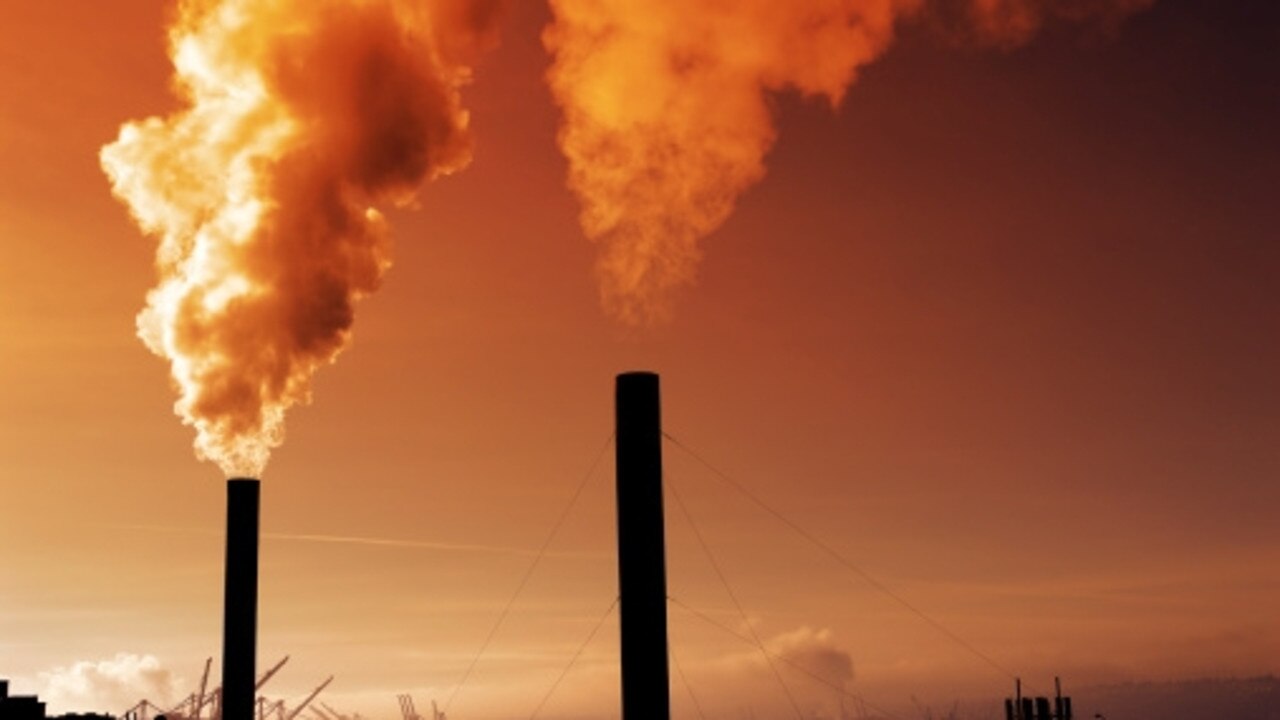Capture and storage 'a key solution'
A CATASTROPHIC natural disaster would ultimately force the world to take co-ordinated action to tackle climate change.

A CATASTROPHIC natural disaster would ultimately force the world to take co-ordinated action to tackle climate change.
When that happened, the ugly duckling of clean energy technology, carbon capture and storage, would be a key part of the solution.
This is the view of Herbert Huppert, the Australian-born foundation director of the Institute of Theoretical Geophysics at Cambridge University.
A member of the Royal Society since 1987, Professor Huppert is the only non-American recipient of a prize from the US Academy of Sciences.
Returning to Australia to address the Sydney Institute last night, Professor Huppert said that despite positive results, not enough was being done to promote CCS research.
"We put out 31 billion metric tonnes of CO2 into the atmosphere each year," Professor Huppert said.
"Global temperatures are rising and the possibility of catastrophic weather events taking place some time in the future is increasing.
"One possibility is to get people around the world to use less fossil fuels.
"The other possibility is CO2 storage."
Professor Huppert said Australia was leading the world with research into carbon sequestration through trials in the Otway Basin. But only about seven million tonnes of CO2 were being stored out of global emissions of 31 billion tonnes.
Professor Huppert some people were nervous about CCS because of potential problems, including the possibility of leaks.
But he said existing renewable technologies were not sufficient to respond to the size of the climate change problem.
"Wind and wave technologies are too small," he said.
"Solar is very interesting, but is limited by the state of battery and storage technologies."
Professor Huppert said not enough was being done to encourage CCS.
Greens leader Bob Brown yesterday defended the decision to leave CCS funding outside the $10 billion Clean Energy Finance Corporation, which will provide funding to emerging clean-energy technologies.
Senator Brown said the Greens did not want CCS included because the "multi-billion-dollar coal industry" should support its own research.
"We didn't want it in there because the coal industry pockets are bulging and it has a massive amount of money to invest in carbon capture and storage," he said.
Climate Change Minister Greg Combet said the CEFC would not give out grants, but would provide concessional loans and possibly take equity in emerging technologies.



